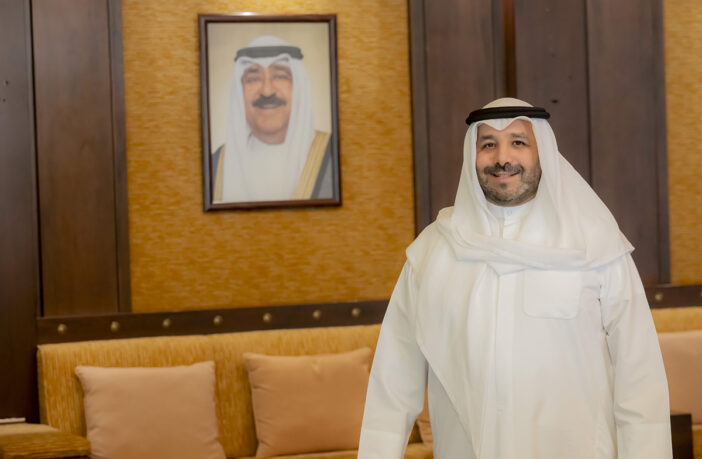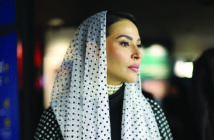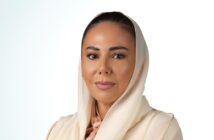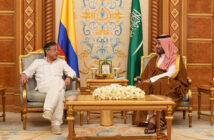Ambassador of Kuwait
For more than 130 years, the significance of Saudi-Kuwaiti relations has transcended the usual boundaries of regional or international partnership and flowed into ties of brotherhood, linking leaders and peoples with an invisible but strong thread of history and culture. The following discussion with the Ambassador of Kuwait Shaikh Sabah Nasser Sabah Al Ahmad Al Sabah inspires the reader with the vision shared by two leaders who have empowered their people living in “one country with two borders.”
What is most fascinating that fraternal relations were built on the deeply rooted foundations and intertwined history. Certainly, Saudi Arbia and Kuwait and their people have been serving the core values of diplomacy from generation to generation. Shaikh Sabah Nasser Sabah Al Ahmad Al Sabah shares with the reader a rich legacy of diplomatic ties and cooperation that extends beyond the past, present and future into eternity. Inspired by the Diplomatic Quarter’s sense of antiquity and modernity, as well as intellectual and international collaboration, H.E. Al Sabah aims to take Saudi-Kuwaiti relations into a new realm where the legacy of the past will build a vision for the future. I will always cherish my dialogue with Shaikh Al Sabah, which should be regarded insightful for all those who are engaged in diplomatic relationships.
What will be your remarks on the achievements in Saudi-Kuwaiti relations?
The founding fathers of Saudi Arabia and Kuwait laid down principles that have had a significant influence on the formation of Saudi-Kuwaiti relations spanning over 130 years. Modern diplomatic ties between the two countries can be defined as fraternal relations built on the deeply rooted foundation, intertwined history of two peoples and their ancestral culture. On January 30, 2024, in order to further strengthen bilateral relations and strategic partnership, the Amir of the State of Kuwait, Sheikh Mishal Al-Ahmad Al-Jaber Al-Sabah, made an official visit to the Kingdom of Saudi Arabia as a guest of King Salman bin Abdulaziz Al Saud. The two sides recalled the important constructive role played by the late Amir Sheikh Nawaf Al-Ahmad Al-Jaber Al-Sabah and agreed to expand two-sided cooperation and investments. If to summarize, I can state that we see Saudi Arabia and Kuwait as one country with two borders.
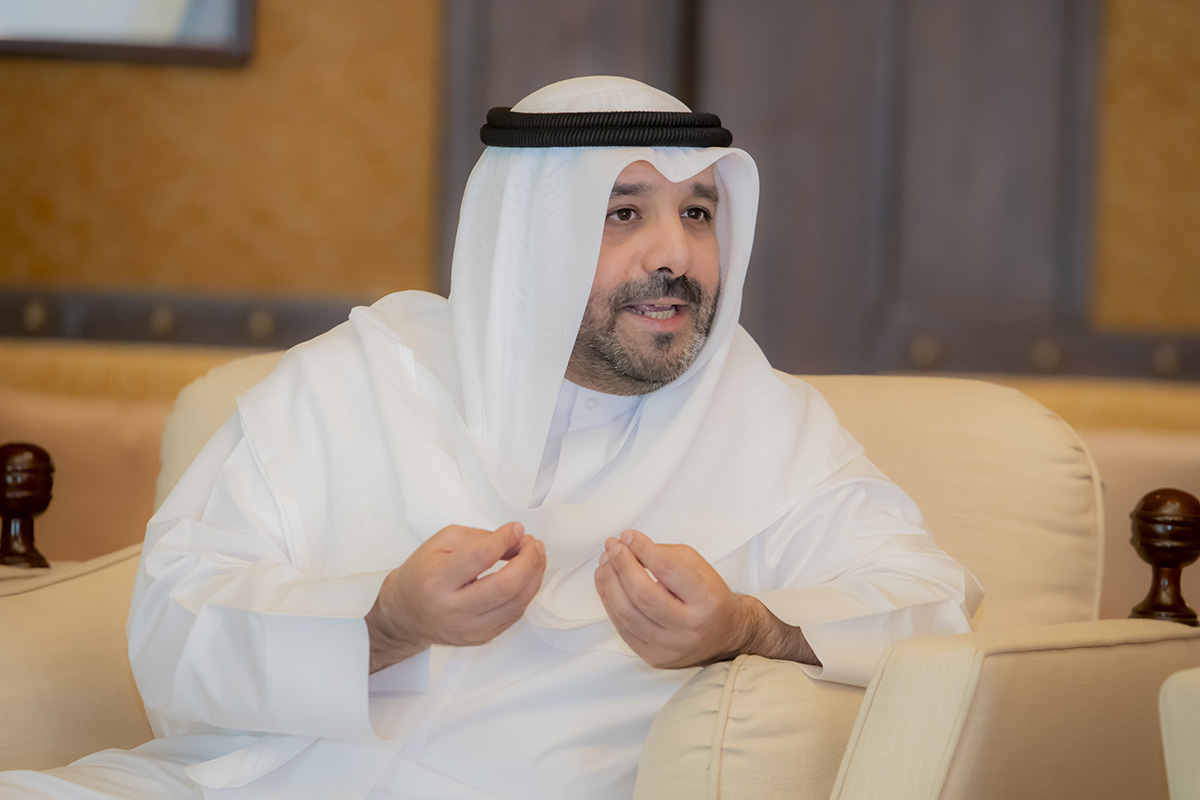
Can you discuss your role as an ambassador and your motivation for serving?
Unlike many of my colleagues in the Diplomatic Quarter, this is my first diplomatic assignment, and I am not a career-diplomat, but I must state that diplomacy runs in our family line. My grandfather, the late Emir of Kuwait, Sabah Al-Ahmad Al-Jaber Al-Sabah, was the longest-serving foreign minister in the world from 1963 to 2003. My father was also involved in international relations and cultural activities within and outside the country. Thus, diplomacy with the outside world was in our blood. Regarding serving in Saudi Arabia, I must say that representing my country and our current emir is fascinating.
The Embassy of Kuwait is currently working on a number of projects with Saudi partners, focusing on promoting small and medium-sized companies. Another achievement that I want to highlight is cooperation in the field of education: more than a thousand Kuwaiti students are studying in Saudi Arabia with a focus on medical education. I can unequivocally state that thanks to the warm relations between the leaders of the two countries, our diplomatic service is becoming much smoother and focused on achieving rather than finding solutions to challenges.
What makes Saudi Vision 2030 unique?
To answer this question, I would also like to recall Kuwait Vision 2035. Both visions thus provide a strategic roadmap for inclusive national development, covering economic, social and environmental dimensions, with a special emphasis on health as the foundation of social prosperity. Therefore, recognizing the importance of increased cooperation and economic partnership, both Saudi Arabia and Kuwait should take advantage of the opportunities available in our countries by exploring and developing economic prospects in line with Saudi Vision 2030 and Kuwait Vision 2035, while developing human capital remains the cornerstone of both visions. It is a great time to be in Riyadh and observe these transformations and be part of it.
Please share your thoughts on the concept of the Diplomatic Quarter. How does the Diplomatic Quarter contribute to intercultural communication?
The Diplomatic Quarter is a unique combination of antiquity and modernity. HRH King Salman’s [then Prince]very idea brought together the best masters of architecture and landscape design to create something truly incredible. Of particular note is the role of the German landscape architect Richard Bödeke who created unprecedented landscape solutions that turned the desert plateau into a blooming garden, which had the best impact on intercultural and international cooperation. In addition to the unique architecture, the life and flow of the Diplomatic Quarter is in constant vibration and movement, motivating everyone to become a part of this place and make a positive contribution to Saudi Arabia on diplomatic, cultural or economic levels. Every corner of the Diplomatic Quarter calls for taking diplomacy to the next level, despite growing commercial offices, coffee shops, or malls.

